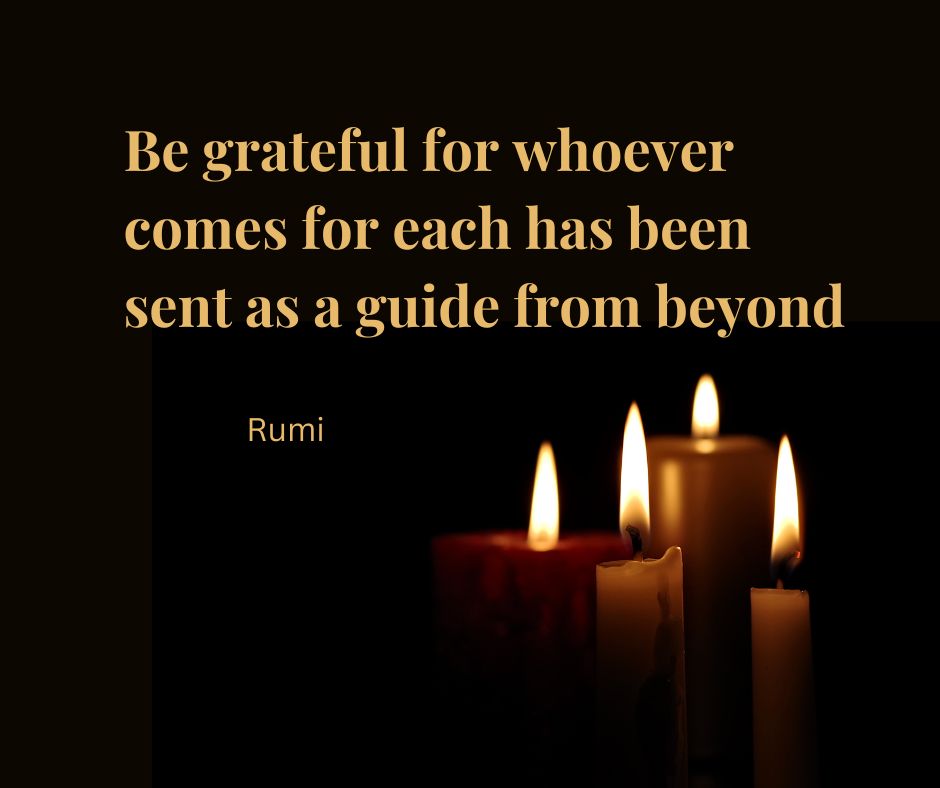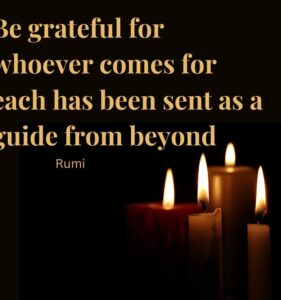
Lament
We do not choose the losses and suffering that force themselves into our lives, without invitation or warning. We all experience pain and sorrow. We all witness the suffering of others, whether in our own community, or on the news. Anguish can threaten to overwhelm us, when we lose our sense of meaning in life. We feel powerless when it feels like everything has been thrown into chaos. We have times when we feel that we have no agency or control, and that we can no longer trust ourselves, the Universe or the Divine.
Lament gives us a way to choose our response authentically. It restores a sense of agency and expresses faith and hope.
In the Bible, lament is found mostly in the Psalms. The Psalms of lament are listed as Praise, because they express relationship with a God that the psalmist continues to believe is good. When a child is neglected for long enough, they become silent, because they no longer believe there is a care-giver that loves them and will attend to their needs. Children who know they are loved, cry.
My youngest daughter came home from school in floods of tears because she is the only one who has to wear an eye patch. Our words of comfort, and that her treatment will come to an end only increased her wailing. She climbed into her big sister’s lap and let her enfold her in a warm hug. Gradually, her sobs subsided. And then she ran off to play. Secure in her relationship with her sister, she allowed herself to express her sadness, to proclaim it was not fair, to lament. Nothing actually changed. She still needs to wear the eye patch for months to come. And yet somehow, expressing the authentic emotion, without judging it, allowed her to trust in love, and hope again. It was all part of a loving relationship.
It is so important to express our true emotions, not suppress them. When we suppress our emotions, our bodies store the pain and trauma. The sorrow, pain and anger come out in other ways, and make us sick.
We need to sit with our emotions a while, not rush to appease them. Sometimes we are afraid of being sad, or think we cannot handle it, or are just so uncomfortable at the experience, we want a quick fix to take the unpleasant sensation away. Or we want to return to being the fixer of others, rather than the one who needs to receive comfort for a change. When we turn to food, alcohol, scrolling on our phones, exercise, busyness or whatever it might be that makes us feel better or at least numb, we become addicted. Spiritual bypassing with platitudes and pretense that everything is OK, does not work either. The emotions are still there.
Emotions are not good or bad. They are our friends. We need to listen to them. They guide us through the healing process. They help us understand what we need in any given moment.
We can often get in touch with our emotions through listening to our bodies. As we develop this self-awareness, we can come to know for example, that pain in our belly means we are anxious and fearful, or pain in our hands means we feel we have lost control. Each of us needs to get to know our own bodies and reactions.
To lament is the invitation to express the depths of our pain before God and others. It is not censored. We cry out for deliverance and trust in Love, even when we feel we are experiencing the opposite. It is a form of prayer for help.
When we lament for others, perhaps those we see suffering in wars on our TV screens, we express solidarity. We love our neighbour when we include their suffering in our prayers. We may not be able to do anything to stop the war. But we can cry with them, and also express hope that Love remains with them, just as Love has remained with us always.
A Psalm of Lament
This week you invited to read a psalm of lament, Psalm 22.
“My God, my God, why have you forsaken me? Why are you so far from saving me, so far from my cries of anguish? My God I cry out by day, but you do not answer, by night, but I find no rest. … I am a worm and not a human, scorned by everyone, despised by the people.”
Read these verses aloud. You may want to look up and read this whole psalm of lament. These are the words Jesus used on the cross to express solidarity with human suffering and feeling abandoned by God.
Today you are invited to first remember what Divine Love meant to you in the past.
Then honestly express your heartfelt complaint. Do not hold back. Let it all out. What emotions are you feeling? Where do you experience it in your body? You might want to journal this, or say it aloud.
“He has not despised or scorned the suffering of the afflicted one; he has not hidden his face from him but has listened to his cry for help.” v24
Where do you notice Love and Hope today?



Pingback: The Opposite of Faith is not Doubt, but Certainty - returning home to yourself